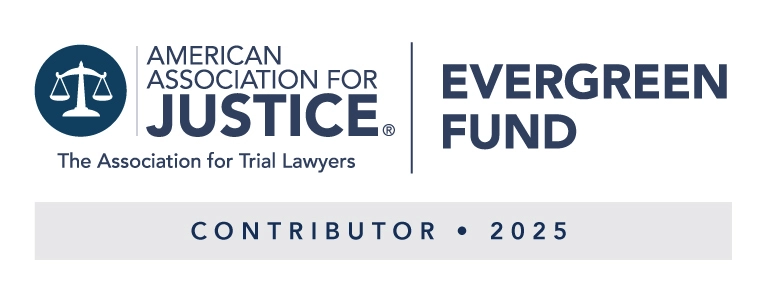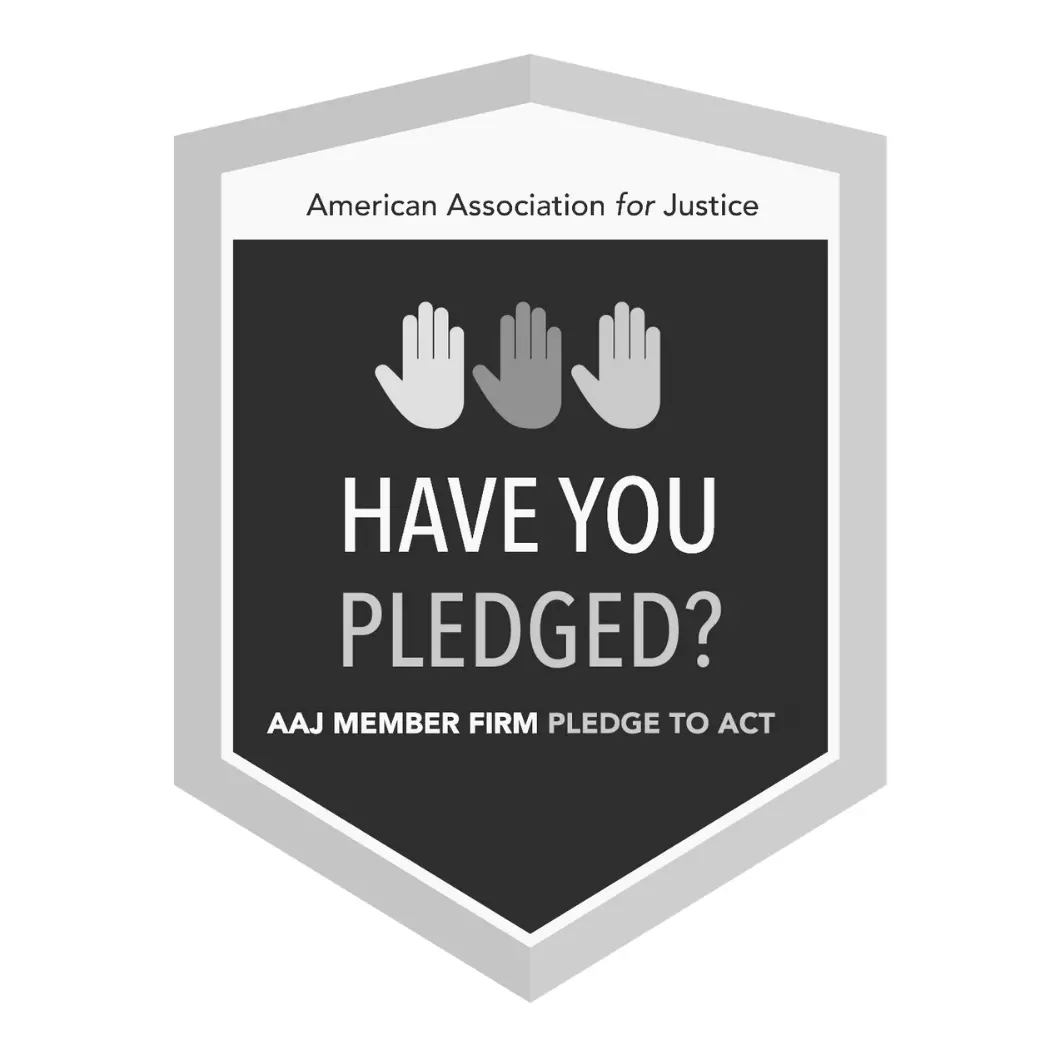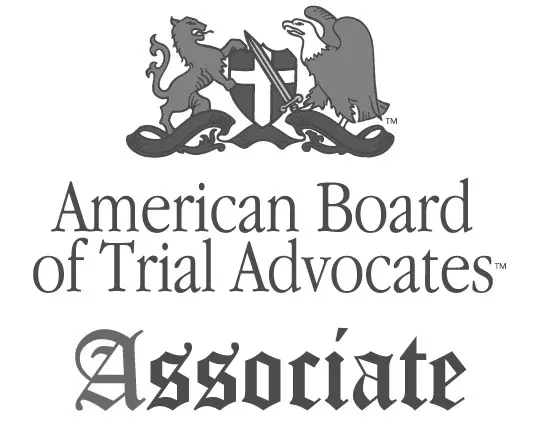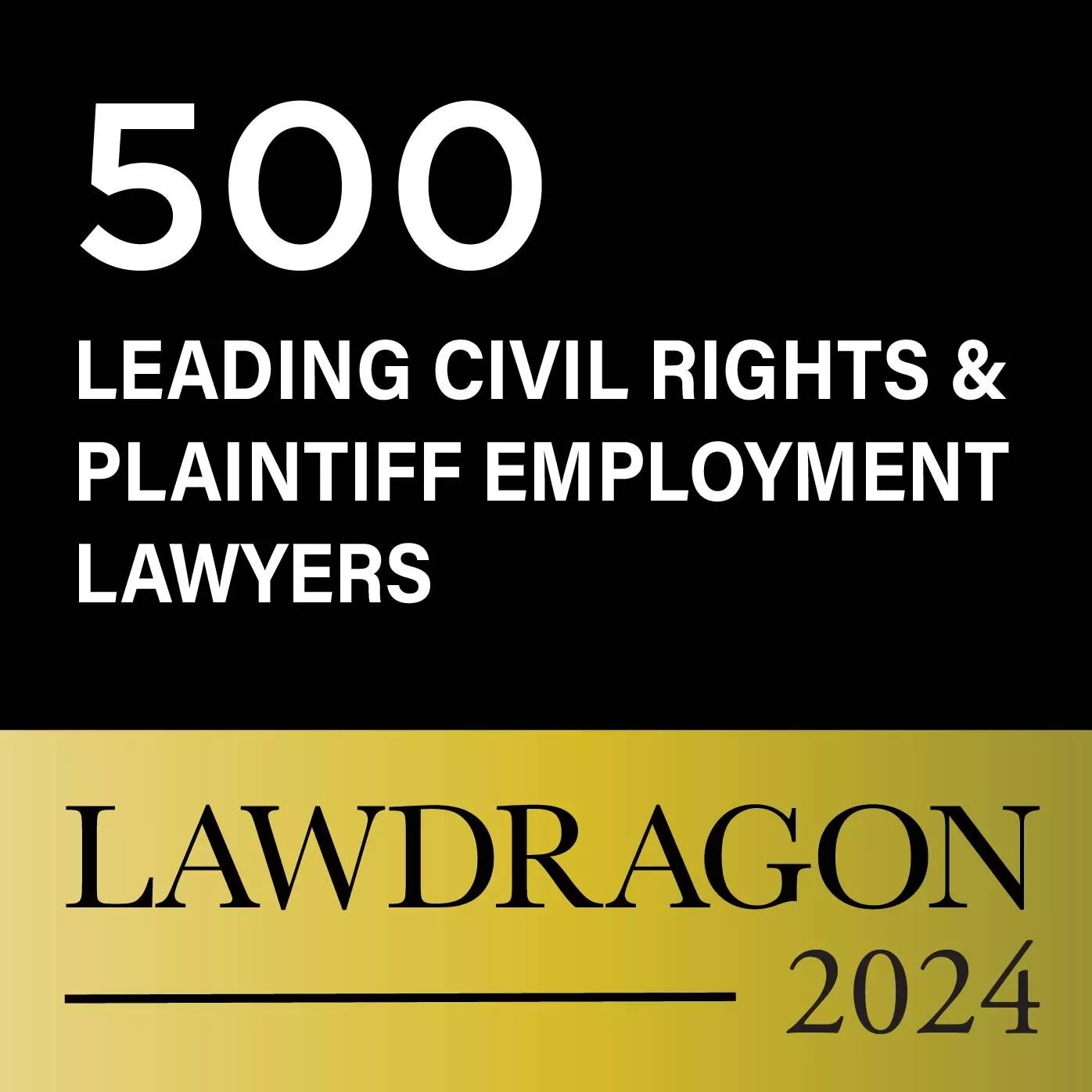Sterigenics Could Have Cut Toxic Emissions Earlier, Jury Told
The former CEO of industrial sterilization company Sterigenics testified Friday that he knew ethylene oxide was a dangerous chemical when he became the company's top executive in 2011, but he issued no directive to tighten up inconsistent emissions controls across the firm's facilities.
Michael Mulhern testified that one of his major responsibilities as chief executive was ensuring the safety of the company's employees and residents near its facilities, including Sue Kamuda, an Illinois resident who is bringing claims that emissions from the company's Willowbrook plant were at least in part the reason she developed an aggressive form of breast cancer.
Mulhern, testifying in Cook County Circuit Court, said he initially joined Sterigenics, now a unit of Sotera Health, in a transitional role as executive chairman after private equity firm GTCR acquired it in 2011. He took over as the company's CEO when his predecessor retired.
Pressed by one of Kamuda's attorneys, Lance Northcutt of Salvi Schostok & Pritchard PC, as to the goals for the Sterigenics business, Mulhern said the plan was not to hold onto the company for an extended period of years, but to increase profitably and sell it.
"That's the private equity model," he said.
By the time Mulhern left his position as CEO in 2016 — maintaining a seat on the company's board of directors — profits had grown from roughly $94 million to $225 million, he testified, both from the acquisition of other companies and from added capacity that allowed it to sterilize more products with ethylene oxide.
"To respond to customer demand, you have to add capacity," Mulhern said.
He admitted he never read studies or findings from the World Health Organization, the Occupational Safety and Health Administration or the U.S. Environmental Protection Agency that showed ethylene oxide was carcinogenic to humans and that there are causal links between exposure to it and certain cancers, saying he had employees who understood those reports "inside and out."
And Mulhern said he could not contradict earlier testimony on Friday morning from Brian Musch, a director of engineering at Sterigenics, who told jurors the company could have taken steps to reduce ethylene oxide emissions at the Willowbrook facility more than 20 years ago, but that Musch was not tasked to do so until 2019.
"I won't dispute it," Mulhern said.
Mulhern testified that he could not recall if he authorized any additional chambers to be added to the Willowbrook plant, specifically, and maintained that the standard inside the company was to operate safely and to be in compliance with the EPA, the latter point drawing numerous objections from Kamuda's counsel.
Kamuda's case is one of hundreds of personal injury suits that have been lobbed over Sterigenics' ethylene oxide emissions since 2018, when regulators began sounding the alarm about the risks residents and workers faced from exposure to the Willowbrook facility's air pollution. It's also the first of those suits to go to trial.
Read more













